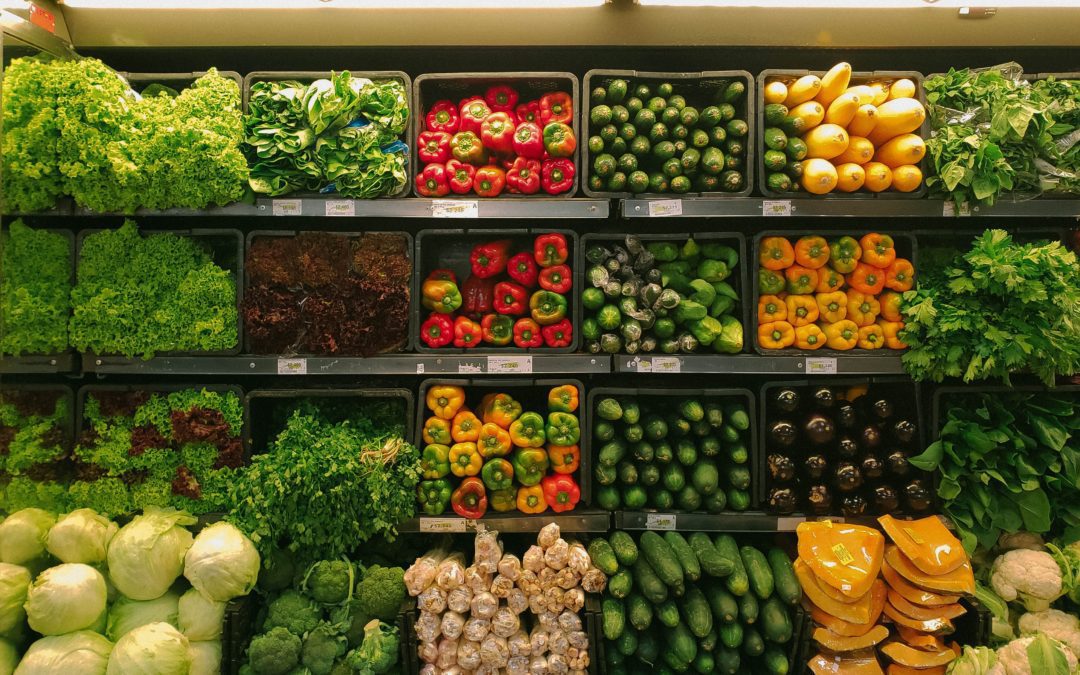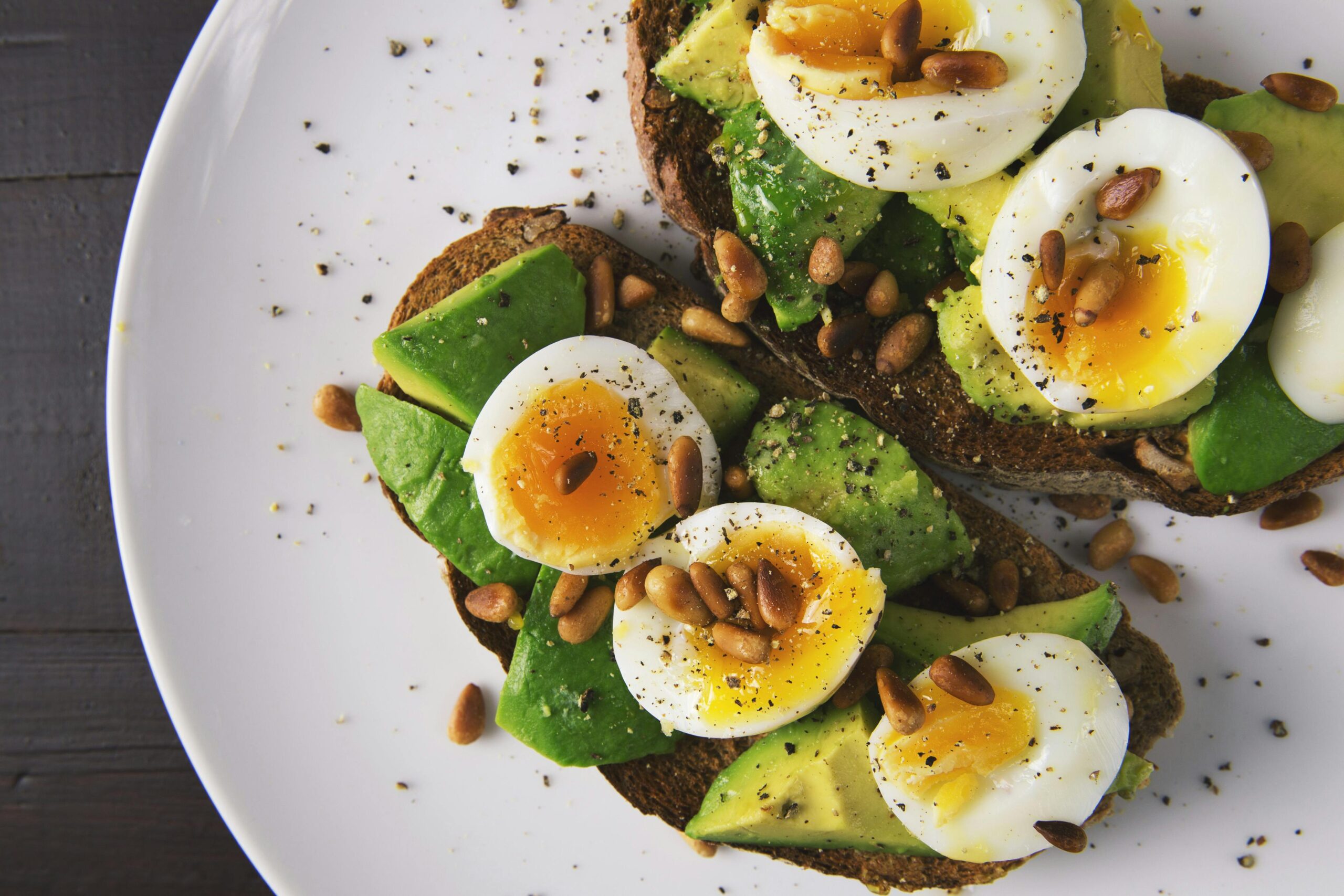Most grocery stores today carry organic products which means you often face a choice between buying conventionally grown products like an apple versus an organically grown apple. Both apples are red, shiny, and firm. They both provide vitamins and fiber. And neither apple has fat, salt, or cholesterol. Which one do you buy? September is National Organic month which celebrates organic food and farmers. I wanted to take this opportunity to dive into organic foods and give you the facts so you can decide if organic is for you.
Organic refers to the way farmers grow and process products. These products include fruits, vegetables, grains, dairy products like milk, cheese, and meat. Organic farming practices are designed to meet the following goals:
- Improve soil and water quality.
- Cut pollution.
- Provide safe, healthy places for farm animals to live.
- Enable natural farm animals’ behavior.
- Promote a self- sustaining cycle of resources on a farm.
Methods not allowed in organic farming include:
- Artificial fertilizers add nutrients to the soil.
- Sewage sludge as fertilizer.
- Most synthetic pesticides are for pest control.
- Antibodies or growth hormones for farm animals.
- Using technology to change the genetic makeup of crops.
- Using radiation to preserve food or to get rid of disease or pests.
Methods allowed in organic farming include:
- Plant rotation
- Cover crops that prevent wearing a way of soil.
- Mulch to control weeds
- Insects or insect traps
- Certain natural pesticides and a few synthetic pesticides are approved for organic farming.
The U.S. Department of Agriculture has set up an organic certification program that requires all organic foods to meet strict government standards. These foods will be labeled USDA Organic. Is there a benefit to buying organic food? This answer varies depending on which site you are looking at. The Mayo Clinic says organic foods could be better for you, but more research is needed. According to the Mayo Clinic, potential benefits could be more nutrients in organic foods, higher levels of Omega 3 fatty acids are found in organic foods, much lower toxic metals in organic foods along with lower levels of pesticide residue. An article on the website Healthline, sites older studies found that organic foods generally contain higher levels of antioxidants and certain micronutrients such as Vitamin C, zinc and Iron. “Organic food has more of the antioxidant compounds linked to better health than regular food, and lower levels of toxic metals and pesticides”, according to an article in the Guardian. Finally, an article from Harvard Health stated that nutritionally, organic foods have little extra to offer compared to conventionally grown foods.
Google this yourself and you will see all the different opinions out there when it comes to organic. I believe in organic and when I buy foods from the store, I try to purchase organic as much as I can, so I would most definitely get the organic red apple. I also shop at our local farmers market where I buy most of my produce along with my eggs and sometimes chicken. I love getting to know the farmers and supporting these local families that work so hard to keep my family healthy. The produce at the market might not always be organic but it is seasonal and comes from our local soil which I think is just as important compared to produce that has sat on a truck for who knows how long and has traveled miles and miles to get to our grocery store. I also love that some of the farmers take venmo and they mostly all take credit card so it is extremely easy and I feel very affordable. But to shop organic and at the market is something you will have to decide for yourself. Organic is more expensive and might not always be affordable. This is why Environmental Working Group (EWG) put out a list of the dirtiest produce and a list of the cleanest. The Dirty Dozen lists the vegetables and fruits highest in pesticides to help your organic dollars go further. Check it out at www.ewg.org
I would love to know where you stand on this topic. Do you shop organic? Do you shop at your local farmers market?


